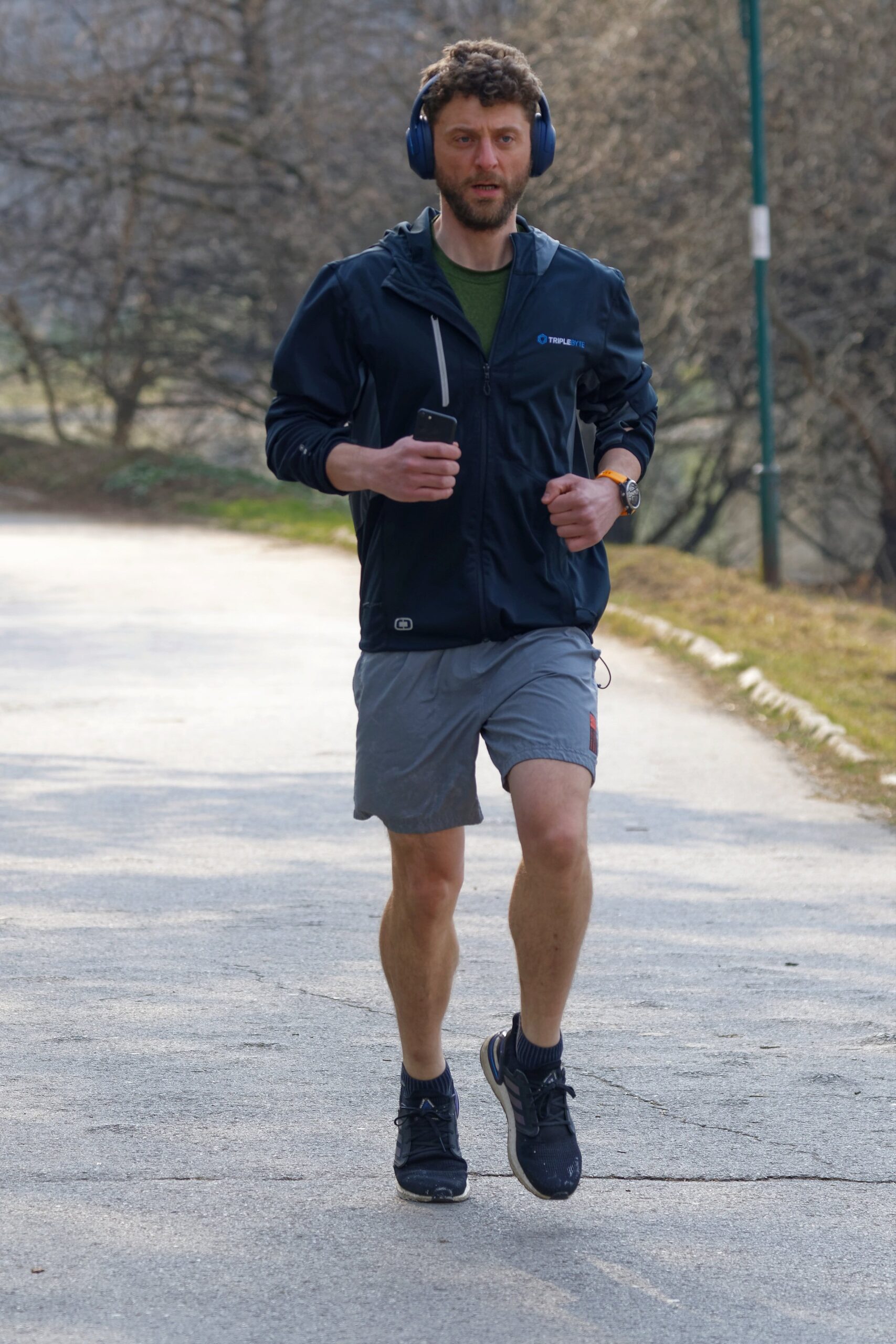Setting up a healthy morning routine is one of the most effective ways to set your sound on a productive and fulfilling day. The way a person starts her morning has a big impact on your mood, its energy levels, and your general wells. A well-structured morning routine doesn’t just wake up early. It is to participate in intentional activities that promote the body, mind and mind. Creating a balanced routine takes time and effort, but the benefits are valuable. The key is to find a rhythm that suits your personal goals and lifestyle needs.
Structured morning routines will help you develop a discipline, responsibility and a positive start to your day. Wake up at a consistent time will ensure that your children get plenty of sleep. This is extremely important for physical and mental development. Gentle wake-up process such as B. Soothing alarms and natural sunlight reduce morning stress. Encourage your children to drink water when they wake up helps them with water and digestion. Fun athletic activities such as morning routes, light exercises, or dance can help children get up and improve their school focus. Foods rich in healthy fats such as protein, fiber, eggs, whole grains, fruits, and yogurt help to concentrate them in perfect condition. Avoiding sugar-containing grains and processed foods prevents energy accidents at a later date. Encouraging people to engage in mindful diets without distracting from the screen can help you develop healthy eating habits. Morning screen time limits ensure that kids are focused on their morning work and avoid unnecessary distractions. A consistent routine, including time for personal hygiene, dressing and packing school bags, helps children become more independent and more responsible. If you wake up at the same time every day, adjust your circadian rhythm to ensure better quality of sleep. Starting the morning with a glass of warm water with lemon or honey will probably help with digestion and liquid intake. Gentle physical activities such as stretching, tai chi and short walks improve flexibility, circulation and common health. You can also record ERG construction exercises to maintain muscle mass and balance. Activities such as reading, crosswords, and listening to music that prevents cognitive and cognitive decline. Practice with gratitude by reflecting positive moments can improve your emotional wells and reduce stress. Foods such as oatmeal, nuts, berries, whole grain proportions, and lean protein help maintain stable blood sugar levels and provide permanent energy. It is also advantageous to maintain hydration with vegetable tea or warm drinks.
Social interactions can also give meaning to the morning routines of older people in small ways. Conversations with family, neighbors, or friends can communicate a sense of connection and support mental health. You can also take your time to enjoy nature, or get uplifted by a short walk in the garden or outdoors.
No matter what age, physical activity plays an important role in a healthy morning routine. Awakening movement for at least 10-20 minutes can help stimulate your body and brain. Exercises such as yoga, stretching, jogging, and light aerobics can improve flexibility, strength and cardiovascular health. Some people prefer to lead strength training or weightlifting as part of their morning routine to promote metabolism and improve bone health. The key is to find physical activity that you feel comfortable and sustainable.
Start your day with a cold shower, or at least spray cold water on your face, which can stimulate your senses and improve your vigilance. Cold loads can also have potential benefits for the immune system and metabolism. For those who prefer a warm shower, adding a short cold water will ultimately have a similar energy-enhancing effect. Many successful people integrate new skills into their morning routines with reading, writing and learning. This habit helps with continuous learning and activates the brain. Some people prefer to listen to audiobooks and educational podcasts while preparing for the day. There are a few moments to increase productivity and motivation by reviewing your goals, prioritizing tasks, and setting a positive attitude. Writing down your daily goals in a planner or digital notepad provides clarity and structure, reducing stress and hesitation. Exposure to natural light within the first hour of waking up helps regulate the body’s circadian rhythm and promote better night sleep. Short walks outdoors and in areas with the sun can improve your mood and increase your energy levels.
It’s also advantageous to avoid negative morning distractions. Without checking social media and e-mail after waking up, unnecessary stress is prevented and individuals can start their day with focus and purpose. Instead, time for meaningful activities such as meditation, reading, and exercise promotes a more intentional and fulfilling morning routine.
For a healthy morning routine, it’s not to follow a string of strict series, but to create a sustainable and comfortable rhythm that improves the overall well. The key is to experiment with different habits and find the one that suits your individual preferences and lifestyle. Small and consistent changes can lead to lasting improvements in physical health, intellectual clarity, and emotional resilience. Prioritizing self-suffrage and careful practices in the morning can help individuals of all ages promote daytime balance, productivity and fulfillment. The expression “Your body can withstand almost everything, you are your mind and you have to convince yourself,” the idea that when mental resistance is strengthened, it often transcends physical boundaries. Understanding the incredible potential of the human body requires research into endurance, strength, recovery, and how to play a critical role in achieving services that once seemed impossible. Muscles, bones and organs work harmoniously to maintain balance even under extreme conditions. One of the best examples of this is endurance athletes who lead ultra marathons, climb high peaks, and swim long distances. Your training not only improves your physical skills, but also strengthens your mind against self-oot and fatigue.
Pain tolerance and adaptation are critical aspects of endurance. When your body is pushed beyond your comfort zone, you learn physiological changes to get stronger. Muscles tear, build more, the cardiovascular system adapts to longer efforts, and the nervous system is more efficient to send signals that improve performance. This process is called progressive overload and becomes unthinkable by athletes and individuals. Research shows that mental patience often determines whether a person will continue or end. The brain is wired to protect the body and, if you feel symptoms, it sends a signal to stop it. But those who train their own thoughts to disable these signals can continue to push for amazing success. For this reason, mental training techniques such as visualization, positive affirmation, and mindfulness are just as important as physical training in endurance sports. Pain is the way the body is indicative of injury or danger, and symptoms are signs of growth. The distinction between the two allows an individual to challenge himself without risking serious damage. Professional athletes often complete rigorous training that they have to endure uncomfortable because this leads to improvement. Similarly, those who follow fitness goals must absorb discomfort as part of their path to progress. The body takes time to heal, regenerate and become stronger after effort. Proper nutrition, liquid intake and sleep are essential to maintain durability and preventing burnout. Listening to your body and allowing for proper calm will ensure the lifespan of your physical occupation. Repairs also include active recovery techniques such as stretching, foam rolling and yoga that promote flexibility and reduce muscle pain. Everyday people encounter moments where physical and mental strength is required. Whether it’s the illness that has recovered from an injury or simply permeates a tough day, your body will constantly adapt. Also, advances in medicine show how the human body can heal and recover from serious illnesses, further demonstrating its incredible ability to resist adversity.
Motivation and discipline are key factors in overcoming obstacles. Motivation provides early pressure, while discipline ensures consistency. Trainers regularly fuel their bodies with the right nutrients, maintain a positive attitude and develop a sustainable foundation for success. Determining routines, determining achievable goals, and celebrating small victories contribute to long-term resilience.
The power of the mind associated with the body is evident in a variety of cultural and scientific studies. Practices such as meditation, breath control, and visualization have been used for centuries to improve endurance and performance. Old warriors, monks, and modern athletes have equally spiritual powers across physical boundaries. The placebo effect is further evidence of mental power. When an individual believes in the ability to deal with a challenge, the body often responds accordingly.
Under extreme conditions, the body has an incredible survival mechanism. The stories of people endure hard climate zones, food shortages, or traumatic injuries highlight the resistance of the human body. The ability to regulate body temperature, save energy and heal wounds are just some examples of the body’s adaptive skills. Survival instincts arise in critical circumstances and allow individuals to sustain themselves despite the overwhelming potential for victory.



